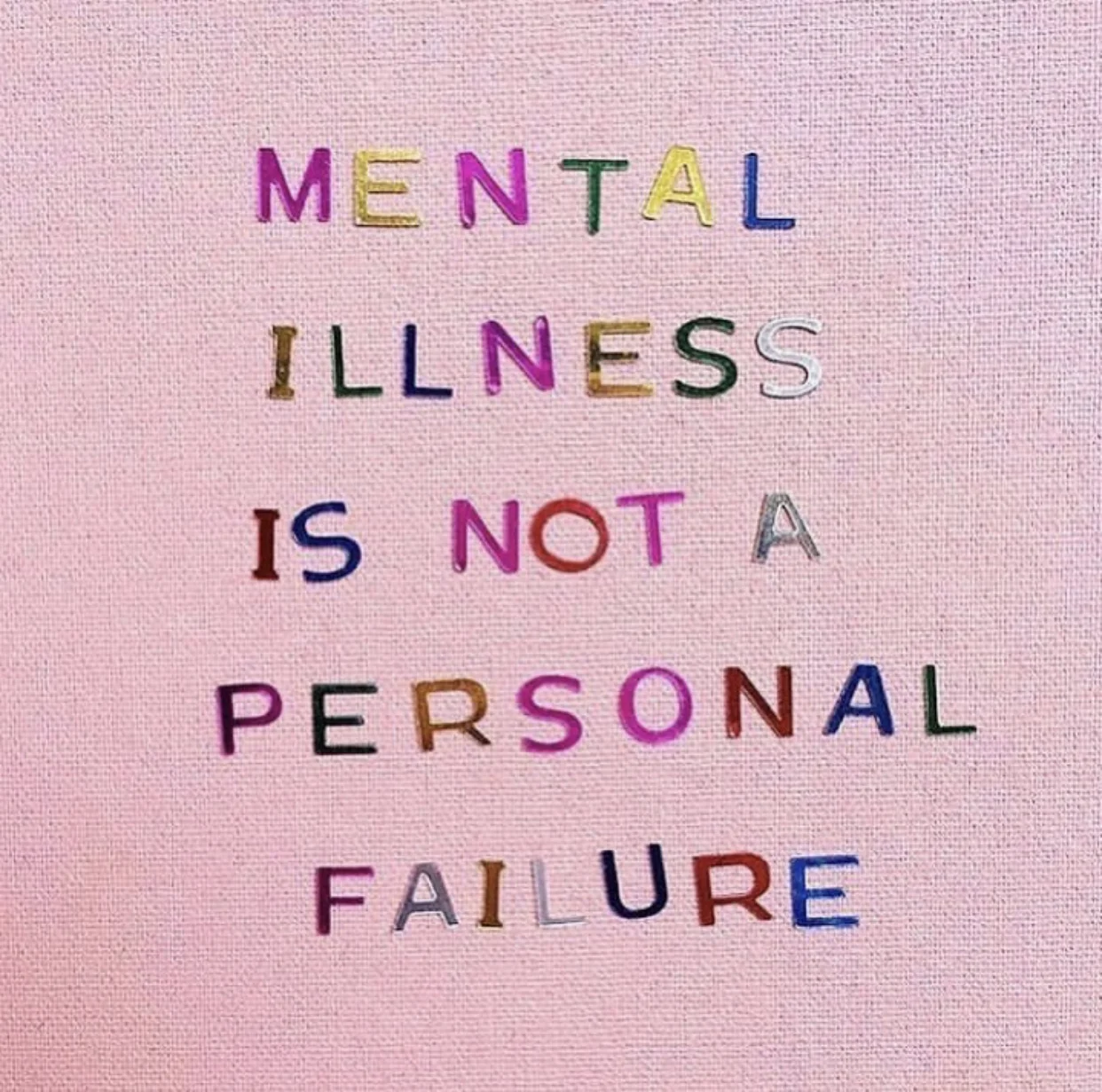How the Toxic Cycle of Depression Affects College Students
According to the American Psychology Association, around one-third of U.S college students have reported feeling depressed in the last twelve months, and about half have said they’ve felt profuse anxiety in the last year. These numbers can seem daunting, especially when many college students are told that college is supposed to be the ‘best four years of your life’ and instead feel empty, stressed, and overwhelmed. Moreover, this mentality can often isolate students as it creates the perception that they are alone when they may otherwise find solace in the fact that it is quite the opposite.
However, having depression or anxiety during college or high school does not mean that all hope is lost; there are steps students can take to mitigate these outcomes.
Throughout a teen’s life, they are told that college is a time where people thrive. This is only perpetuated through social media, where people can appear to have fun but in fact, behind closed doors, suffer from feelings of isolation or depression. Furthermore, when it seems as though other people are having fun while you’re empty or anxious, it can not only feel like a personal failure, but also alienate you from people who you might connect with in the future. This, of course, only serves to feeds those depressive/anxious thoughts.
Sometimes, unfortunately, having depression and/or anxiety means that you do miss out on valuable experiences. Not being able to get out of bed makes it near impossible to be productive and succeed in school and your personal life. Going out with friends feels like a responsibility instead of something fun and relaxing. Planning your future, which is an important step for college students, can feel like a looming threat rather than something exciting. Getting a job or an internship feels impossible, a distant dream. To add onto this, drinking, common among college students especially in social situations, only exacerbates depression and anxiety, which just digs one further into the hole. All of these examples can lead to more depression and/or anxiety, as it feels like there is immense pressure to do well when it appears possible to do so.
As someone who has depression, I have often struggled with feeling like I am not doing enough and not having the quintessential college experience. Moreover, on days where it can be hard to simply get out of bed, I can’t help but feel like I am the only person who feels this way. I look at my peers, who seem to be succeeding and having the time of their lives, and feel like a failure. It can be disheartening to hear that some of my worst days are supposed to be the best days of my life. Not only does it feel terrible in the moment, but this mentality only fuels those feelings of helplessness and the sense that I can’t change my situation. If this is true, then it’s easy to believe that these depressive episodes will never end.
What pulls me out of this mentality is the realization that I have the rest of my life ahead of me. While I may miss out on some fun experiences now, there will be plenty of time in the rest of my life to have fun. It is also important to remember that there are many paths to success, and losing out on one because of my disorder doesn’t mean that I will lose out on all. If you don’t excel in high school or college, there are always different options. Along with this, we must acknowledge that many students are suffering; not only does this acknowledgement lead to a better understanding of the problem, but it mitigates any feelings of isolation students might experience. Knowing you’re not alone can be a great way to process/cope with depression. This way, we can pull these problems into the light and come up with a way to conquer them together.
There are ways as well that students can further connect to their campus and community while depressed. Although it may be hard to hear when even a small step seems huge, giving yourself little goals to accomplish can help, for example, deciding to get lunch with a friend on the weekend, or going to a meeting for an interesting club. Accomplishing one goal, academically or socially, can make those depressive feelings feel more manageable. Most schools also offer counseling programs as well as group therapy sessions, which helps alleviate those feelings of isolation. Talking to a group can connect you to people who are going through the same thing, and make you feel less alone. General forms of therapy helps as well; even if what you’re dealing with seems small, talking to a professional about it is always a good idea. It’s important to just acknowledge that this is where you are in your life, and that’s okay.
A strategy I like use when life seems particularly hard is to live from hour to hour, or even minute to minute, until I can stretch this time out to start living day by day and then week by week. I know that one day, this too shall pass, and even if it isn’t the best four years of my life, there are moments where it makes it worth living.
About the Author
Caileigh Lydon is a sophomore at The George Washington University where she is studying international affairs with a concentration in global public health. She works as a Capital PEER with her school’s health center to provide health services to students and is committed to spreading accurate information on various health topics from mental health to sex education.

